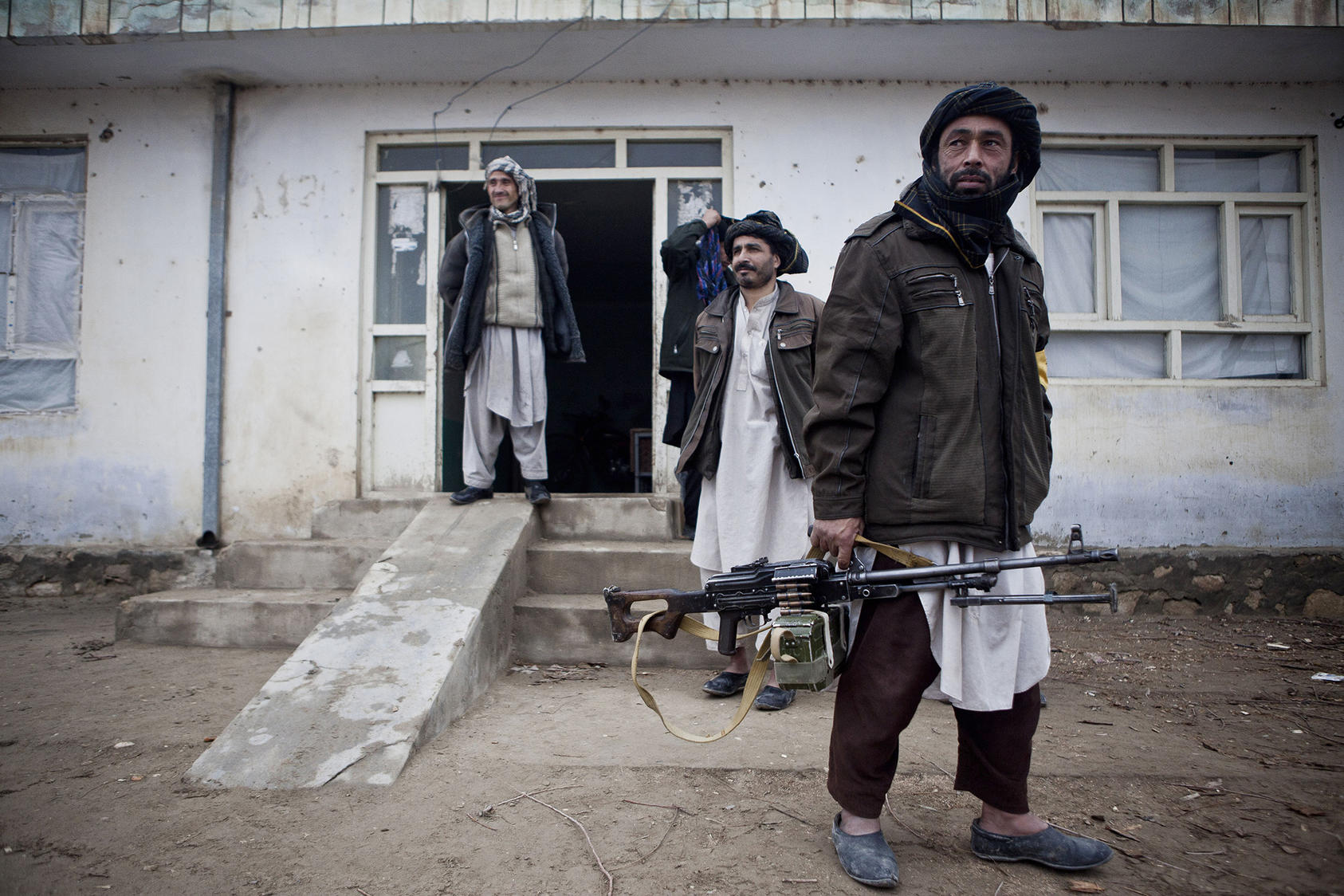Across Afghanistan, Rafiullah Stanikzai has spent thousands of hours with young men, learning how 40 years of war has warped Afghans’ ancient culture and corrupted their notions of how, simply, to be a man. Stanikzai is working to reverse that change, because stabilizing any country from war requires not only political negotiations, like those between U.S. diplomats and the Taliban. Any sustainable peace must also change enough hearts and minds that a people can return to settling disputes without guns and grenades.

Stanikzai, a 35 year-old researcher and trainer, has spent three years working with young Afghans—civil society activists, university students, government employees and others—to peel back the ways in which wartime habits and culture have warped an old Afghan idea: that a man earns respect by showing generosity and compassion to others. “Young men who have seen only war all their lives have learned to emphasize violence as part of mardanagi—the Afghan concept of masculinity,” Stanikzai said in an interview. The change is fueled not only by the war’s daily violence, but by notions of extremism in ideologies such as the Taliban’s, “and also just by the spread of illiteracy and a lack of education,” he said.
Traditional Afghan culture celebrates models such as Abdul Ghaffar Khan, the iconic ethnic Pashtun who led a nonviolent civil disobedience campaign, allied with Mahatma Gandhi, for independence from British colonial domination of South Asia. “But nowadays, people have been led to judge a man’s mardanagi by how many cars full of gunmen he has around him when he drives through the streets of Kabul,” Stanikzai said.
Afghanistan’s Colliding Cultural Shifts
This gradual, wartime hardening of Afghan masculinity is colliding with the grassroots women’s rights movement that has arisen since the 2001 overthrow of the Taliban regime. The Taliban applied extreme discrimination and violence to old patriarchal ideas, enforcing a harsh subjugation of women to men. Those attitudes have contributed to men’s notions of how they should behave. “So, helping your wife in home chores or in taking care of your children … or even asking your wife or sister for her advice, is now seen as dishonorable,” Stanikzai said.
But change happens where young men have sat down for focused discussions that otherwise simply don’t take place in Afghanistan, Stanikzai said. In three years of workshops and training sessions, hundreds of young Afghans have helped develop ways to bend the cultural ideas back toward nonviolence and respect for others. The workshops have trained nearly 300 men, aged 18 to 35, in cities nationwide: Kabul, Jalalabad, Herat and Mazar-i-Sharif.
“One participant, a student in the education faculty of Nangarhar University, was engaged to marry a woman who was living in Peshawar (Pakistan) and wanted to go to the university there,” Stanikzai recalled. “He was not in favor of letting her go outside her home to study, but after four days in a workshop, he changed his mind and informed his family. He told me, ‘My father and elder brother were not happy, saying it is not good for our family because we are Pashtun and for her to go out in public will not be honorable.’ It took him several days to persuade his elders to let him allow his fiancée to study, but finally, he did it.”
The work of those training sessions now can be amplified via a network of peace studies programs recently established at Afghan universities across the country, Stanikzai said. “In every national university, we have thousands of students from every province and ethnic group” who can be drawn in to build a national effort to recover Afghans’ nonviolent models of masculinity, he said. The research and training on masculinity, and the university conflict resolution courses both were developed with help from the U.S. Institute of Peace office in Kabul, where Stanikzai works.
In building that change, Stanikzai said, “it is important to remember, and always to show, that we are not introducing some kind of foreign idea about how men should behave. We are recovering a part of who we are as Afghans that has been lost to the war and violence.”



